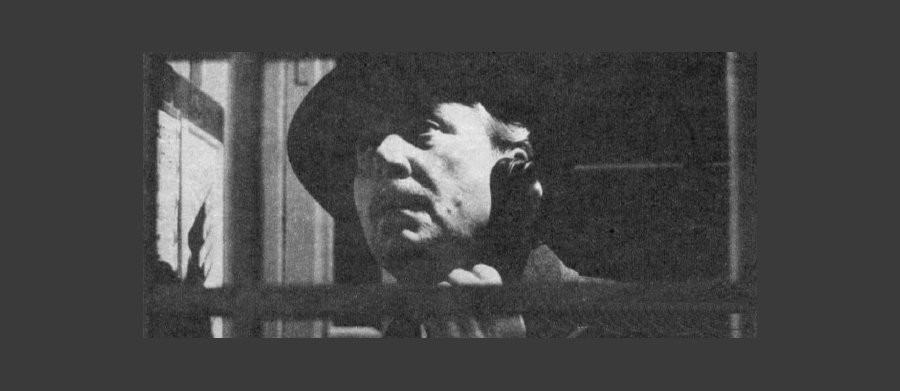
Daughters of the Vicar
1966 - United KingdomEngland - 1910. The daughters of the Rev. Ernest Lindley (John Welsh) are expected to marry mates of their own class, breeding and education. Confined to the vicarage, they are unable to meet a selection of such men. The vicarage is a cheerless, cold comfort prison in a North Nottinghamshire mining community, the vicar a colourless, unhappy figure whose wife (Marie Hopps) is a waspish invalid. They are regarded with contempt by their hard-working parishioners. There are two daughters of the vicar. Mary, the elder (played by Petra Davies) is submissive and dutiful, prepared for her ordained marriage to the unprepossessing curate, a timid, coldly inhuman intellectual (played by Robin Parkinson). But Louisa, the younger (Judi Dench), is more wilful, more determined, more modern and scandalises the vicarage by her interest in Alfred Durant, a rough but kindly and alive miner (William Holmes).
Location scenes for Daughters of the Vicar were shot at Little Lever in Lancashire, three miles from Bolton. "Curiously," said Petra Davies, "we found that a foundation stone on the church there bore the name Lindley, the surname of the characters in the play." Daughters of the Vicar was adapted for television by Peter Eckersley and shown as part of a series of ITV plays entitled The Stories of D. H. Lawrence broadcast at 9.40pm on Monday 10 January, 1966.
Seen this show? How do you rate it?
Seen this show? How do you rate it?
Published on June 12th, 2019. Written by Based on original TV Times article and adapted for Television Heaven.



